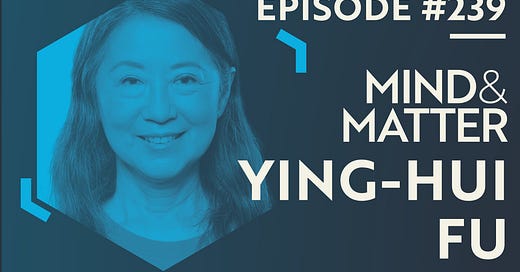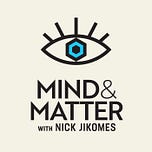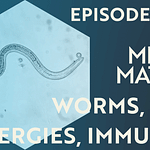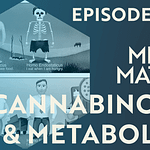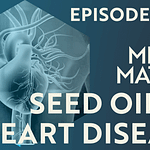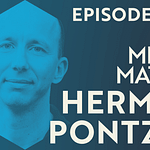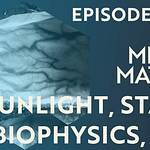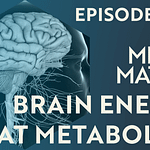Wide release date: July 13, 2025
Episode Summary: Dr. Ying-Hui Fu discusses her research on the genetics of sleep, focusing on natural short sleepers who thrive on 4-6 hours of sleep and the heritability of sleep traits like duration and timing. She explores how sleep efficiency, rather than just duration, may explain why some need less sleep without health deficits, and delves into the molecular and circadian mechanisms regulating sleep. Fu also highlights the societal impact of poor sleep, the challenges of modern lifestyles, and her lab’s efforts to translate findings into interventions that could enhance sleep efficiency for better health.
About the guest: Ying-Hui Fu, PhD is a neuroscientist and human geneticist who earned her PhD in biochemistry and molecular biology, focusing on human neurological and neurodegenerative diseases. She is a professor at the University of California, San Francisco, where her lab studies the genetics of human sleep behaviors, particularly sleep duration and schedule.
Discussion Points:
Sleep Traits Are Genetic: Sleep duration (how long you sleep) and sleep schedule (when you sleep) are partially heritable, with most people needing 7-9 hours, while rare natural short sleepers thrive on 4-6 hours.
Natural Short Sleepers: These individuals fall asleep quickly, have high sleep efficiency, and live healthy, active lives without deficits, possibly due to faster toxin clearance and repair during sleep.
Sleep Efficiency Matters: Short sleepers may complete restorative sleep processes (e.g., clearing toxins, repairing damage) more efficiently, allowing them to need less sleep.
Circadian & Entrainment Pathways: Sleep timing is regulated by a molecular clock and environmental cues like light, with mutations in entrainment pathways causing extreme schedules (e.g., early bedtime or night owl tendencies).
Modern Lifestyle Harms Sleep: Stimuli like blue light and tense media disrupt sleep patterns, leading to widespread sleep deprivation and health risks.
Shift Work Risks: Shift workers face higher risks of diseases like cancer and neurodegeneration due to disrupted sleep cycles, though genetic background influences susceptibility.
Finding Your Sleep Rhythm: A two-week vacation without stimulants or artificial light can help determine your natural sleep schedule and duration.
Sleep’s Health Impact: Poor sleep is a major factor in aging and diseases like Alzheimer’s, making it as critical as diet and exercise for health.
Future Research Goals: Fu’s lab aims to identify converging molecular and neural pathways to enhance sleep efficiency, potentially reducing disease rates and boosting economic productivity.
Related episode:
M&M 237: Circadian Biology: Genetics, Behavior, Metabolism, Light, Oxygen & Melatonin | Joseph Takahashi
*Not medical advice.
Full video version: [YouTube]
Support M&M if you find value in this content.
Episode transcript below.
Episode Chapters:
00:00:00 Intro
00:01:22 Guest Background & Lab Focus
00:02:45 Sleep Traits & Genetics
00:06:03 Natural Short Sleepers
00:11:45 Sleep Efficiency & Architecture
00:14:25 Genetic Mutations & Mouse Models
00:20:09 Glymphatic System & Waste Clearance
00:22:08 Factors Affecting Sleep Duration
00:26:24 Sleep Timing & Circadian Rhythms
00:32:56 Why Sleep Variation Exists
00:34:52 Interventions for Short Sleep
00:38:40 Modern Technology & Sleep Disruption
00:42:07 Sleep, Aging & Neurodegeneration
00:44:11 Demyelinating Diseases & Research Shift
00:45:41 Current Projects & Short Sleeper Traits
00:49:13 Importance of Sleep for Health
Full AI-generated transcript below. Beware of typos & mistranslations!
Listen to this episode with a 7-day free trial
Subscribe to Mind & Matter to listen to this post and get 7 days of free access to the full post archives.


